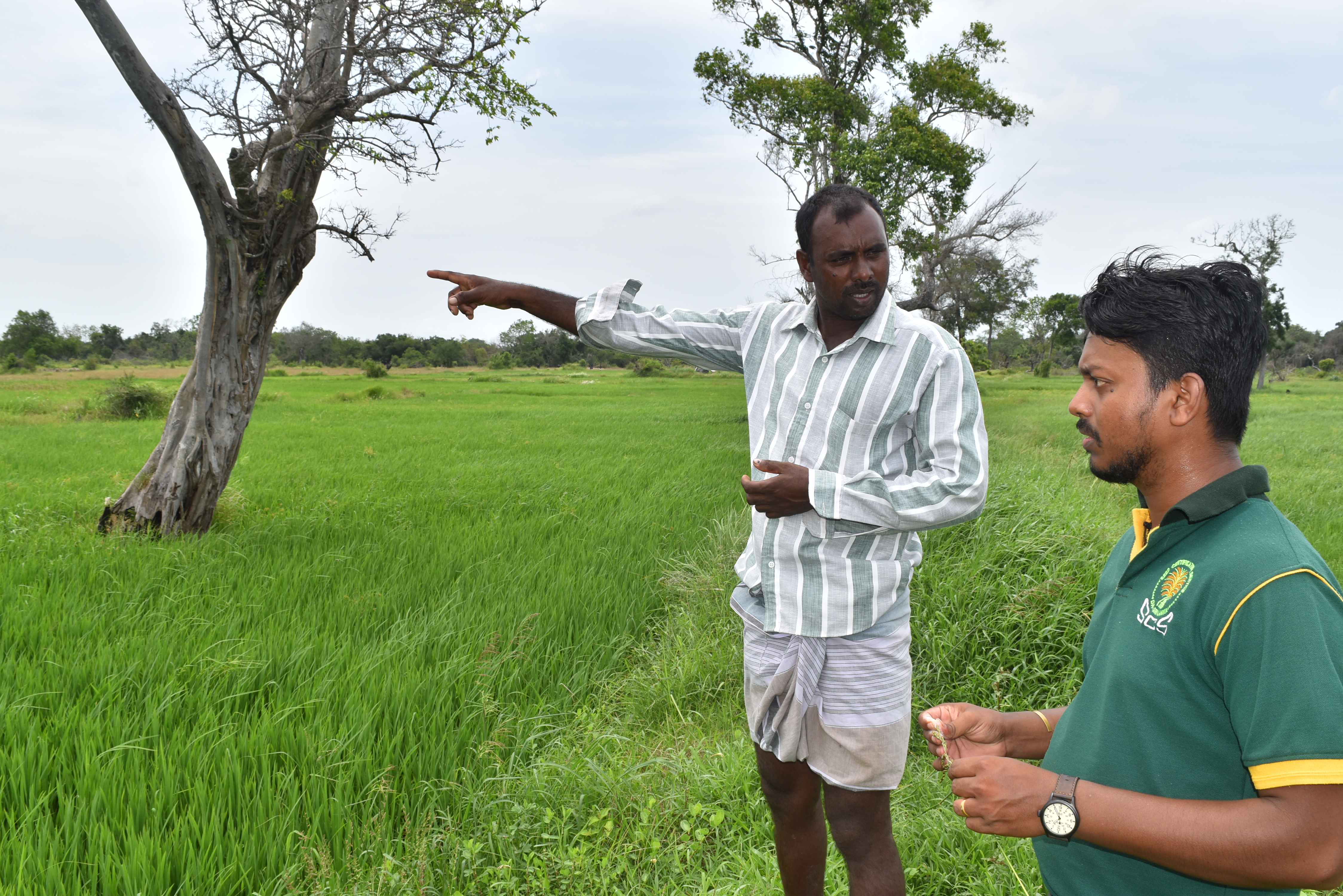In 2016, the Start Network launched the Start Fund Anticipation Window in Bonn. We set out to link Start Network members with forecasts of impending crises and to facilitate country-level collaborative risk analysis, to release funds before a disaster strikes. Twenty-five Start Network members have since led innovative anticipatory projects, in twenty-four crisis-prone countries.
Together they have reached over two million people, to limit harm caused by hazards as varied as Ebola outbreaks, volcano eruptions and cold snaps.
So what have we learned and what is next?
First, we have learned that shifting to an anticipatory humanitarian system is a long game and some failure is inevitable. We are challenging cultural and behavioural norms among humanitarian decision-makers, Start Network members on the ground, and our members in turn are challenging their local stakeholders. Acting ahead of time gives considerable uncertainty about if, where and when a crisis might occur, and how communities will be impacted. One Start Network member who worked on an anticipation of volcanic eruption alert for the Mount Nyiragongo Volcano near Goma, Democratic Republic of Congo explained:
“Anticipatory work has been more difficult to plan and implement as the hazard has not yet taken place, it is unsure when it will take place and the target population and other stakeholders are not used to preparedness planning. It required more sensitisation sessions with the beneficiaries and stakeholders”
Behind the scenes, we have worked carefully on this. In 2017, we collaborated with Warwick University through an academic network dedicated to challenging uncertainty in science, society and the environment (CRUISSE Network) to better understand the impact of uncertainty on decision making. We launched a guidance note for Start Fund decision-makers on navigating uncertainty, which we regularly use to brief decision-makers with. We have trained hundreds of employees from the Start Network member organisations in crisis anticipation, and provided support and advice in the process of raising alerts.
There is still much more work to do, but a recent stakeholder survey, conducted through an independent evaluation of Start Fund crisis anticipation found that 92% of respondents agree that the Start Network is successfully creating a culture of early action.
We have also learned that crisis forecasts and appropriate activities to mitigate risk are as diverse as the communities in which the Start Network works across the globe.
- In Tajikistan in 2017 community groups were taught to build gabion walls in their remote villages. These walls deviate the flow of landslides from villages and critical infrastructure, protecting an estimated 593 households, 247 hectares of agricultural land and two schools.
- In Malawi in 2018, district health officers were trained in water point analysis to help prevent the spread of cholera.
- In November 2019, the first alert for cold snaps was raised successfully in Mexico, where vulnerable community members received health checks and warm winter clothes were distributed.
The unique composition of the Start Network and of our membership as well as our global presence make the ability to address such a variety of hazards possible.
What is next?
While we have seen the number of anticipation alerts rise steadily, our alerts could still be more timely and better planned. Many of the hazards we have addressed so far: droughts, heatwaves and floods for example, can be modelled and linked to contingency plans before risks peak. Crisis anticipation remains crucial for small emergencies and risks which are hard to quantify. Where we can, we will push the quality and rigour of early action at the Start Network, by linking risk information with plans for action and pre-agreed financing. This will ensure predictable crises are reliably addressed before they impact lives and livelihoods.
Learn more about Anticipation.
Read our case study on mitigating climate change effects in Sri Lanka.
Read our case study on anticipation of electoral violence in Nigeria.
Read our blog on anticipation of Dzud in Mongolia.
The Start Fund is collectively owned and managed by Start Network’s members, and supported by the governments of the United Kingdom, Ireland, the Netherlands, Germany, Jersey and the IKEA Foundation.

